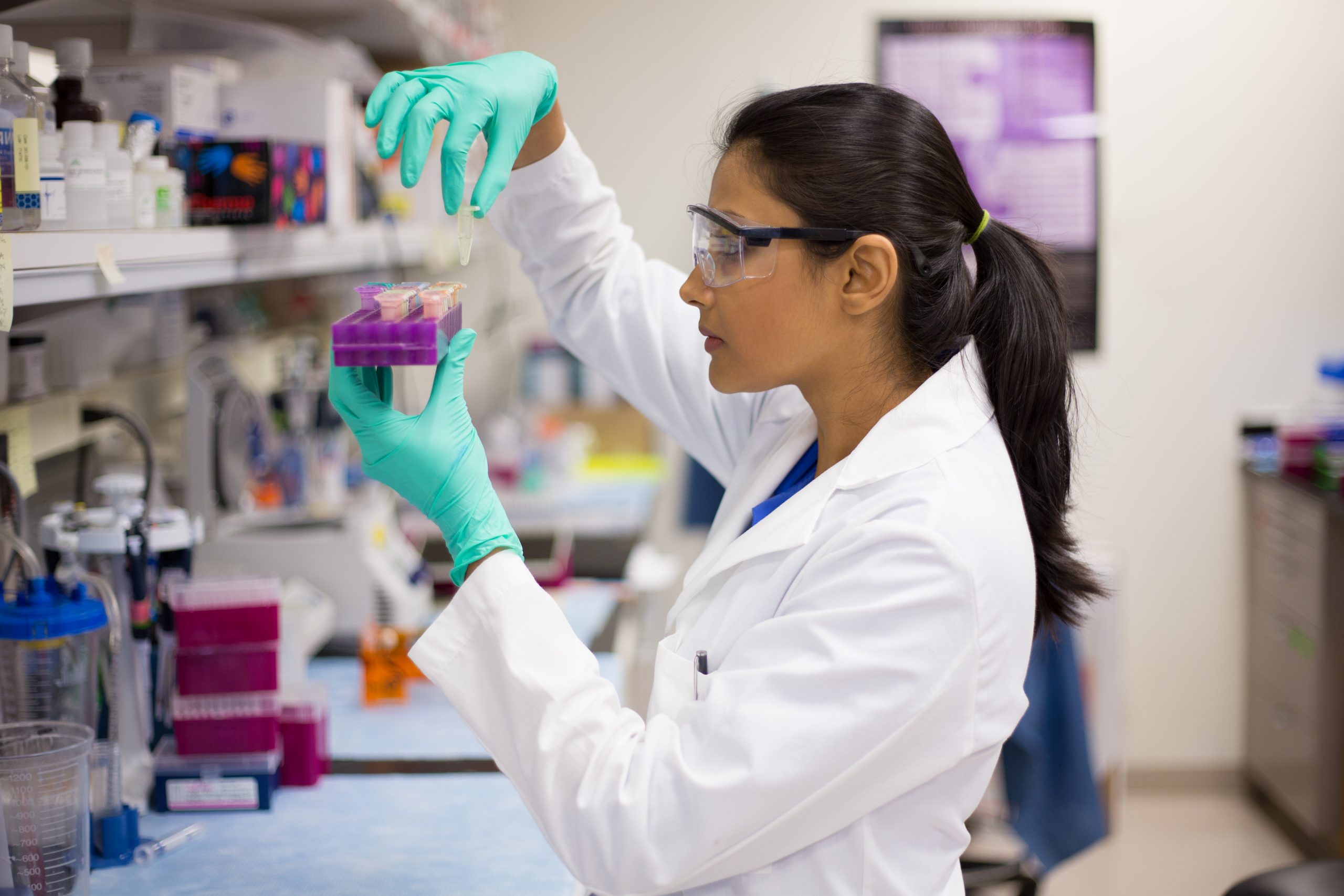Professor Kamaraj Karunanithi, Consultant Haematologist at Royal Stoke University Hospital, tells us about widening access to clinical trials for myeloma patients, and why a patient-centred approach to equitable access is vital

Could you explain how clinical trials for myeloma patients at Royal Stoke started?
I started leading the myeloma service in 2010 and wanted to provide opportunities for myeloma patients to access clinical trials. Before then, there were no myeloma trials in University Hospitals of North Midlands NHS Trust. I spoke to colleagues and commissioners and started recruiting patients to Myeloma XI, which paved the way for future clinical trials. Part of that study was not funded by the NHS, but commissioners still agreed to go ahead. The success of Myeloma XI established us as a top recruiting site. As a result, we were able to expand our clinical trials programme, gaining interest from pharmaceutical companies and eventually enabling the establishment of a dedicated myeloma service.
I built the service with a dedicated myeloma clinical nurse specialist, pharmacist and additional consultant, all as a result of that first clinical trial. This expansion improved patient care and bolstered the hospital’s reputation as a hub for myeloma treatment and research. We were able to give patients multiple treatment options, with 80-90% of eligible newly diagnosed patients recruited to a clinical trial. Such high rates of recruitment reflect our patients’ interest in clinical trials. Our clinical trial engagement is supported by the level of trust and familiarity that patients have with the whole team. We are all always thinking about the next clinical trial we can offer our patients. I lobby pharmaceutical companies, with the aim of securing clinical trials for all our patients. I also spoke to Myeloma UK and became a centre for the early Myeloma UK trials.
What impact has the service had on patients, families/carers and colleagues?
Patients appreciate access to experimental trials when they have exhausted NHS options. They also recognise and value the expertise from our involvement in numerous trials. Our experience has allowed us to improve both the information and treatment we can offer patients. Our patients also know that they are not restricted only to clinical trials at Royal Stoke University Hospital, and that we will contact colleagues at other hospitals around the UK for appropriate support. Our patients want the best possible treatment, and most of them want to participate in research; I have only created a platform for them to have the opportunity to do so.
Can you offer any advice for other hospitals wanting to provide a similar service?
Access to new treatments, such as bispecific antibodies, should not be based on postcode. Myeloma patients who live in the countryside should also be able to access research-based treatment. The only way to do that is to open up clinical trials in district general hospitals.





